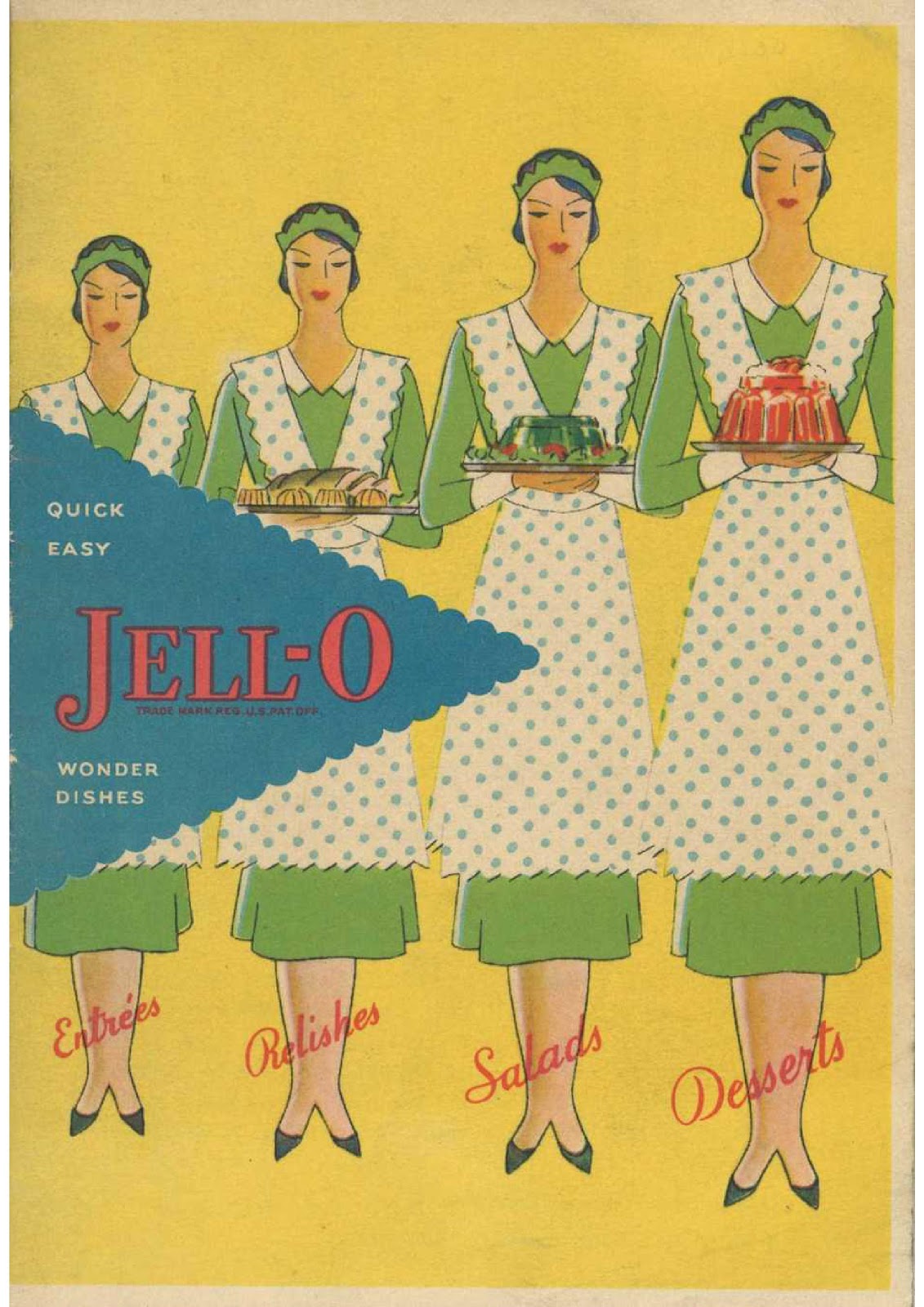The right to food is a gender issue
Subject: Health Sciences
This Library dossier includes lectures and videos on the different aspects of the concerns regarding women's right to food.
We invite you to take part in the UOC's 2019 Right to Food Week, which is taking place between 25 November and 1 December. Over the course of the week, we will be promoting information and activities relating to how gender inequalities affect food and nutrition, and we will be exploring possible solutions to these problems.
You can follow the campaign using the #Right2FoodUOC hashtag on Twitter at @UOCuniversitat and @UOCesalut, as well as on UOC Universitat a Instagram.
Want to find out more?
If we've piqued your curiosity and you want to learn more about the link between food and gender, check out this Library dossier. It includes lectures and videos on the different aspects of the concerns regarding women's right to food: food production, cultural stereotypes in choosing food and the relationship between gender and food advertising.
- Culturally, women are usually further removed from resources and, therefore, usually have greater difficulties in accessing food, both producing it and properly consuming it. The recommended resources in the dossier include a United Nations Food and Agriculture Organization (FAO) guide on the importance of gender equality to improve the level of nutrition and productivity.
- Are our eating habits determined by gender roles? We're sharing studies and papers that focus primarily on analysing cultural stereotypes' influence on food preferences and doing household chores.
- Does food advertising feed gender stereotypes? Find out more about the messages conveyed by food advertisements aimed at women. With Food Studies Online you will be able to access 23,000 menus and a photographic archive with pictures and cookbooks from the early 19th to 20th centuries.


The Faculty of Health Sciences, the UNESCO Chair on Food, Culture and Development and UOC Globalization and Cooperation are the promoters of this initiative. For the fifth year running, we'll be raising awareness about the 2030 Agenda and the Sustainable Development Goals promoted by the United Nations to change the world, which include promoting the right to food, gender equality and sustainable consumption and production, among other worldwide goals.


